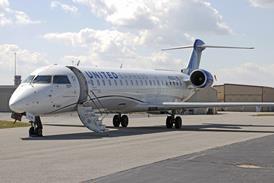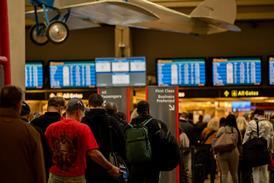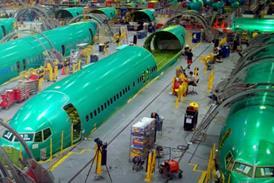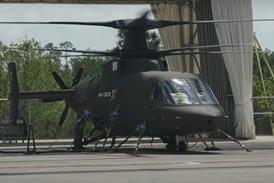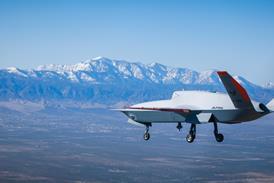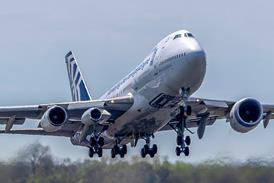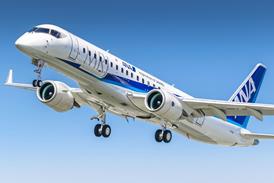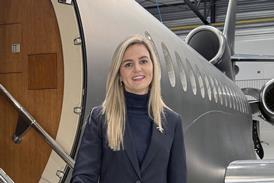Airbus, Boeing and Embraer, combined, had nearly 90% fewer firm aircraft orders from lessors at the Farnborough air show compared with 2015's Paris air show.
Some 42% of the airliner fleet is owned by aircraft leasing companies, and these financiers continue to provide a large customer base for the OEMs – albeit not at Farnborough earlier this month.
The show was generally sedate, bringing almost 40% fewer order commitments from all customers – airlines and lessors – compared with Paris last year.
And only three leasing companies celebrated firm commitments with formal signing ceremonies at this year's show. Air Lease, Standard Chartered and Nordic Aviation Capital announced firm orders for a combined total of 24 jets spanning Airbus, Boeing and Embraer types.
This figure is paltry compared with the 220 firm orders placed by lessors at Le Bourget in 2015. There, AerCap and GECAS announced significant deals for 100 and 60 jets respectively while firm orders were also confirmed by Aircastle (25), IAFC (20), SMBC Aviation Capital (10) and Air Lease (five).
Traditionally, lessors have provided alternative sources of funding when other markets dry up. But lessors have become speculative purchasers of aircraft too.
Some industry sources note that for several years leasing companies have been placing hefty orders either for quick growth to reach economies of scale or to help position themselves for a sale.
Today, operating lessors account about 20% of the commercial backlog, with over 3,000 jets on order, Flight Fleets Analyzer indicates.
But have speculative orders backfired? With the proliferation of cheap capital flooding into this industry, a number of lessors complain that it is hard to achieve the returns expected for aircraft in general. And no matter what the lessor paid for the aircraft – or the number of them purchased – the pricing will never be as good as it is for airlines.
Those lessors that placed speculative orders will need to place their aircraft in a highly competitive market. They have some leverage if they have a delivery position that is desirable to an airline. Given the recent availability of near-term delivery slots, however, why wouldn't airlines go direct to the OEM for a better price on the aircraft?
Postponements and cancellations coming out of Brazil and Russia represent another factor at play. Moreover, with Moody's downgrading Turkish Airlines in light of the political and economic environment, the manufacturers could be facing more changes to delivery schedules.
Where slots open up, airlines are likely to benefit from discounts offered direct from the OEMs looking to place aircraft. A discounted price is a win for both constituents: the airline gets the aircraft for a low price and the manufacturer avoids having a whitetail on the ground – nor does it have to record a cancellation in its books.
Lessors are going to face fierce competition against bilateral deals between airline and manufacturer.
Against this backdrop, some see oversupply, with both Airbus and Boeing ramping up production. Indeed, in the context of these increases in output, fewer orders may mean that lessors are waiting in the wings to scale their portfolios with sale-and-leaseback opportunities over the next few years.
With the export credit agencies closed for the foreseeable future, lower-tier credits that do not necessarily have access to the bank market will look to their old faithful friends at the leasing companies for equipment.
Sale-and-leasebacks thus are a safer bet for lessors who look to build their books with deals that other capital providers are not comfortable financing.
Source: Cirium Dashboard

